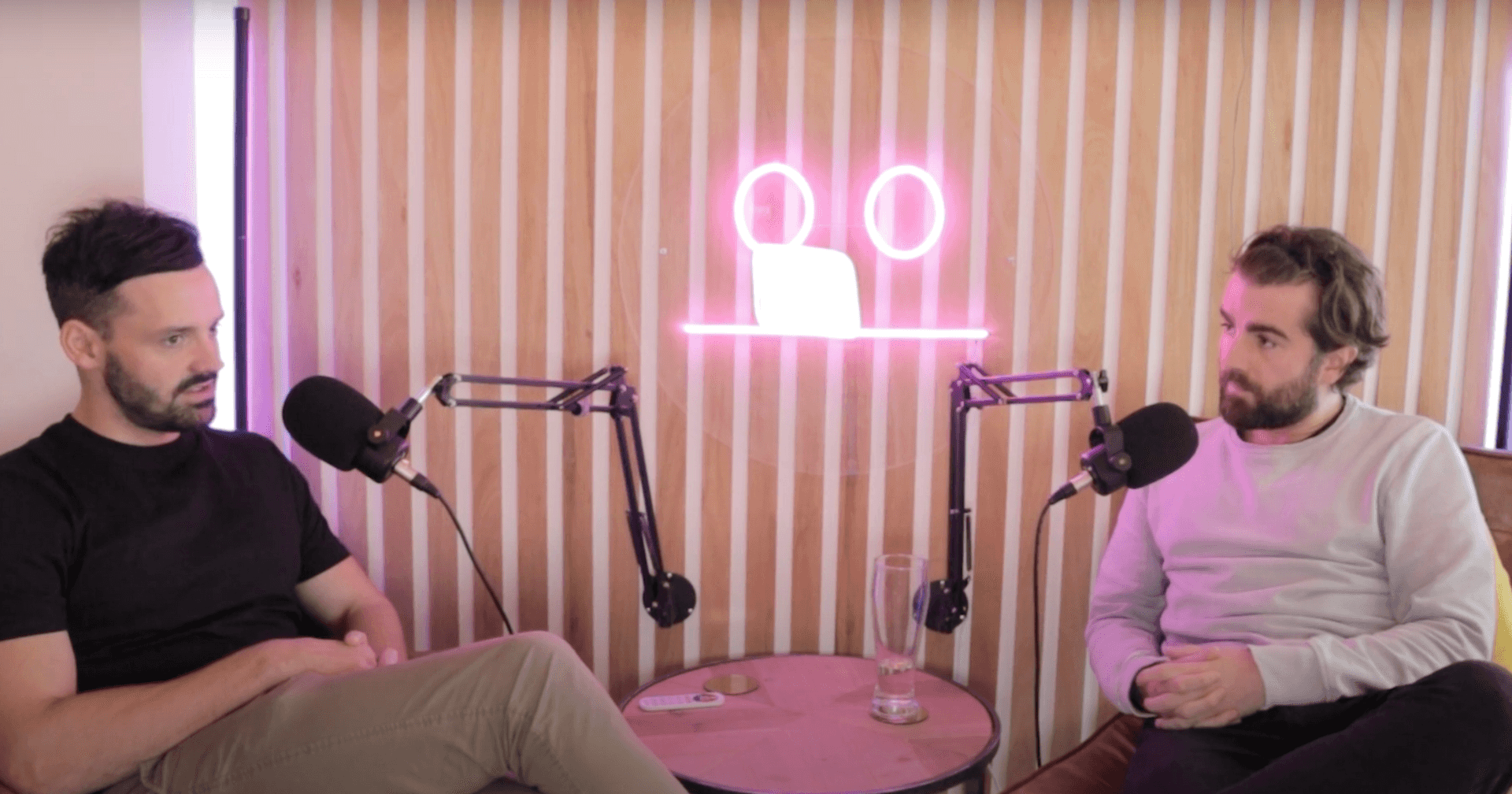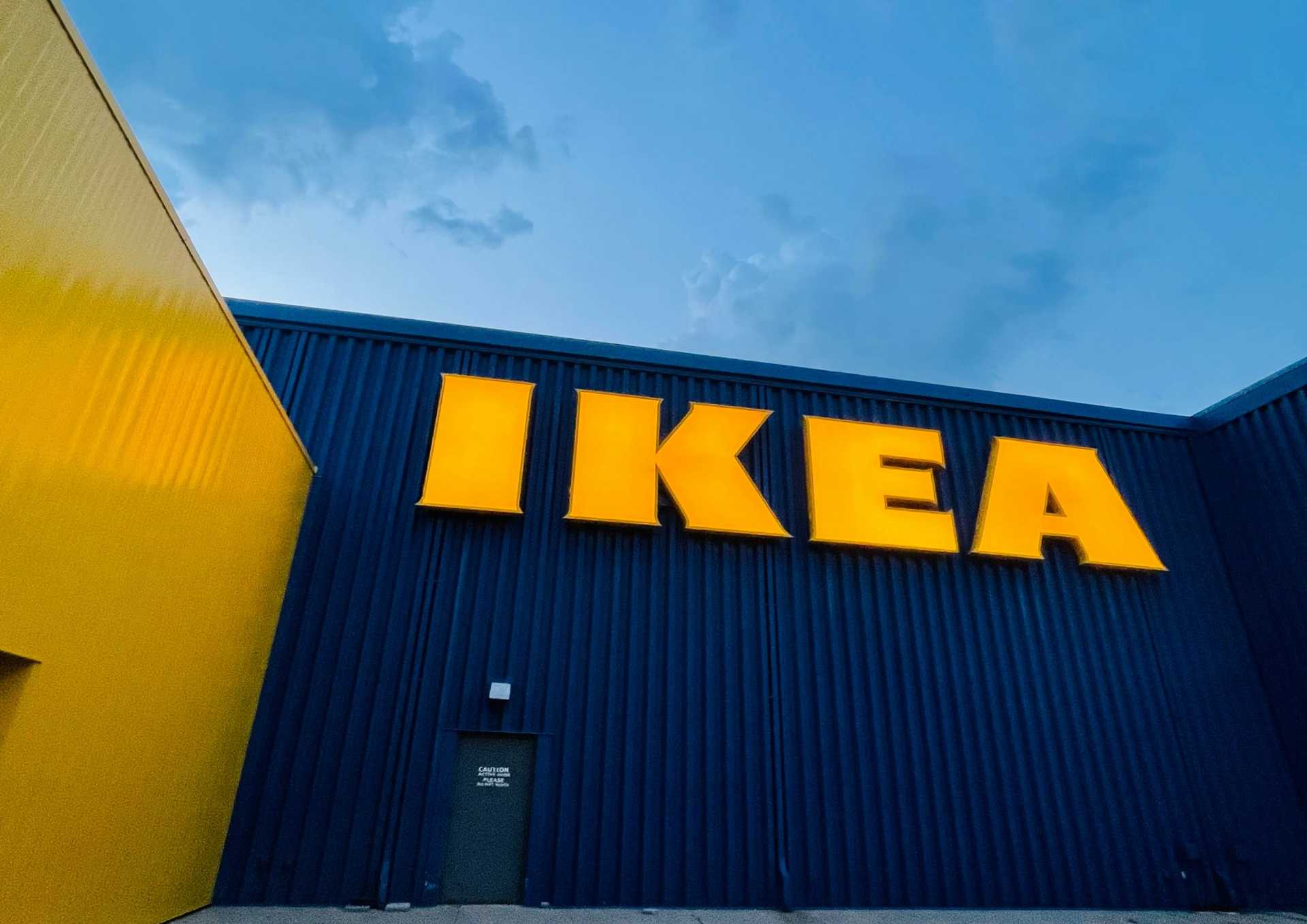resting pitch face episode 23: cost of living
On this week’s episode of Resting Pitch Face, Lee and Dan discuss the cost of living crisis.
We hear first-hand from Lee, about the business impact, his priorities for his team and looking for opportunities in poor economic climates.
Listen on Spotify or Apple Podcasts or subscribe to our YouTube channel for weekly episodes. See below for a full transcription of episode 23.
transcript
Dan: So, there’s lots going on at the moment. Not least it’s been run down our fucking throats and we’re living it via the media and the news. And I thought it’d be really good to listen to your thoughts, how you react as a business owner to, cost of living crisis headlines, energy crisis in itself headlines, fucking what else have we got? Mini budget coming out, all that sort of stuff. I think there’s four or five things that have been thrown at us in the UK and the world over the last, I don’t know, two weeks, three weeks, month. As a business owner, where do you even begin when these things… Where does your mind go to straight away and, yeah, how do you react?
Lee: There’s two sides. So, my immediate place would be team. Soon as there’s a shift in the economy or there’s a rise in cost of living or things like that, team first and foremost, that’s the priority. And there’s ways of behaving when you’re a business owner that are the right way to behave regardless of bottom line. And there are things that we’ve done, which we’ve not spoken about to anyone that we’ve put in place for the teams, probably the first time that I’ve publicly spoken about it like a cost of living payment on top of your standard wage, which we put in place… What month are we in now? October. We put in place five months ago.
Dan: A long time ago. Yeah. And it’s got worse. The headlines are mainly on that situation.
Lee: So, we were in front of the curve on that. We basically put £1000 paid across five months for everybody that was below a certain wage threshold. That was immediate. That was like the first thing that we’ve done. There’s other support that we’ve put in place, but that’s my immediate response to the current climate when it comes to the team. Bottom line didn’t come into my head.
Dan: Yeah. Good. In terms of the business then, or should I say the industry that we sit in, how do you reflect in two different ways? Really is my question. So, your reaction there as a business owner is people, immediately. What about, does your mind, once you’ve kind of figured that stuff out, or you immediately go to the thoughts of the team? Do you then go straight into thinking about our industry? Do you frame Flaunt in the industry in you’re thinking, or you know, does that just not even come into fruition? Can you separate being a business owner generally and looking after people, being responsible for people, and building a team to how is this gonna affect our industry, and what do we need to do from a service perspective, for example, or a client relationship perspective? Do you go in both ways?
Lee: I think the team is always my first thought, but the success of the agency never leaves my mind. So, I know and trust that the services that we are delivering on behalf of existing clients is profitable, and driving significant results. Communicating the impact of the current economy with clients, and having those conversations is something that we’re okay to do. We do on a regular basis. We sit on the client’s side of the table 100% of the time. So, if they’re in jeopardy, and they need to have a commercial discussion, that discussion is something that is just a natural thing. And one thing that I always think when there’s a recession, or the economy takes a dive, or something significant happens is there are so many opportunities created off the back of it. So, I don’t go into the place of, fuck, we need to maintain or go after X, Y, and Z to protect the business. I go “Right. The business is delivering significant results to existing clients. We’ve got a good enough open communication with all of the clients that if they need to have a commercial conversation with us, that means that they’re cutting budgets.” That’s fine. We’ve got enough reserves in terms of capital to sustain that. We also then have the team completely looked after. What can we then go out and capitalize on? Because what comes with recession is opportunity. What comes with poor economic climate is opportunity. There are sectors that will thrive. There are businesses that will do well. There are businesses that will change their approach. There are businesses that will pivot into doing other things. There’s lots of opportunity. And I think what happens is the media reports the worst of it.
Dan: Of course they do. Yeah.
Lee: How much did you hear about GDP growing in September?
Dan: Zipper.
Lee: How much did you hear about is having an aluminum recession, having all the stuff that is significant, that is happening? I’m not downplaying the fact that energy is fucked. I’m not downplaying the fact that the current economy is unkind. But the positives are not as tasty for the media to talk about.
Dan: Yeah. Well we know it’s headlines, isn’t it?
Lee: So, yeah, I think it’s a strange one to be a part of right now.
Dan: Do you ever… In your mind when all this sort of stuff’s… shit is hitting the fan in terms of headlines and stuff, whether that’s the reality of how you digest it or not, but I think you said, you know, we all know that energy, for example, is absolutely fucked at the moment. But where…as a business owner, where does, like, consulting others, speaking to other business owners, for example, come into it? Does it come into it? Obviously, leadership team here is not just you. There’s four of you so that you can be immediately consulting each other opinions and whatnot, which I’m sure you do. But what about outside the Flaunt four walls? Does that come into any consideration when shit like this happens, or you hear these things looming, recessions, etc.?
Lee: I mean, the senior leadership team are always talking about everything. I mean, there’s the economy, the business, all that kind of stuff is a daily, weekly conversation that never halts in terms of speaking to other agency owners. I do that, but as a peripheral, it’s not a, “I’ll run to have those conversations.” Those conversations naturally surface. I think for me, like I say, my mind goes into a weird place when we’re in a rocky economic climate in that I look for the opportunities. And in the same way as my mindset when we started Flaunt was this is gonna work, there is no alternative. I think that part of me that little bit of like grind comes out again. We’re in a luxurious position, don’t get me wrong.
Dan: Yeah. I smile at this because we went through some real shit as a world, as a global community, two odd years ago, whatever it was. I think we’ve done a good job of being sensitive to that in how we’ve represented ourselves, at least from a volume of our voice perspective, i.e. We understand that lots and lots of people aren’t in the same position as Flaunt two years ago, three years ago, whatever it was. And right now as we speak. So, I do think we’re, and you’ve got to be, I do think we’ve tried… And it’s in us as people I think we, you know, we didn’t force ourselves to do this or hold back, but I think we’re sensitive to other people’s situations by not ramming it down people’s throat going, here we are, we’re Flaunt, and we’re doing really well. We’re in the digital space, and we are able to capitalize on the Digital Boom, let’s call it that came out of the pandemic and we’re here again. But we’re here again. How many people did we have at the start of the pandemic compared to now?
Lee: I think we were probably around about the 20-ish mark.
Dan: Yeah, I was gonna say… Yeah, 20. And now we’re at 32. So, again, I don’t think you’ll have found Flaunt shouting from the rooftops over the last two to three years to say, by the way, we’re, you know, we were 20 people then, and we’re 32 now. Look at us, we’ve done amazing because we’re sensitive to what’s going on. That said, I mentioned there that I think that comes naturally to us, but is that something that you, I’m gonna say are proud of? That’s maybe not the right way to ask you that question, but from a, “we haven’t rammed it down people’s throats perspective.” Like how do you reflect on us doing that, and I’m gonna say holding back, but not just being sensitive, and understanding, and empathetic to what’s going on in the world? Do you look at that as kind of ingrained into Flaunt and how we operate, and how we treat people, and life, and clients?
Lee: I think so. And I think my default mindset with the position that we’re in when anything comes our way, like COVID, for example, is, I’m so grateful that we are where we are with working with who we’re working with, that I’m just like, fuck, we’ve got these clients. So, it almost takes the weight out of the current situation. And if I look back to the first couple of weeks of March, I wanna say 2020 when it first…
Dan: Yeah. That is there, wouldn’t it?
Lee: …when it first like really kicked off global lockdowns, all that. And I remember the first couple of weeks of March were, “we need to pause all activity.” Had that conversation with 10, easily 10 clients in that week. But yet, even though the commercial impact of that was stressful on the face of it, my default was still being grateful that we were working with those people in the first instance. And then what happened was two, three weeks passed and people started to figure out how they were gonna operate through it, and how they were gonna either pivot into getting… Because everybody wants to get through it, right? And then those conversations about getting things back, moving again, were a joy. And I think that they were a joy because we tried to make it as easy as we possibly could for the clients to have those conversations with us without perhaps the guilt of pulling that budget. Because the relationships that we build with our clients, which is something that we’ve always operated, is we are there as part of that business. We are them. And I think sometimes when things get difficult, the conversations or the actions, almost verging into being a personal one. So, it makes it a little bit more difficult to confront. But I didn’t get that. Those conversations were just open conversations, taking the information that was being put across the table, and just reacting to that in a way which made it as easy as possible for those clients to make those decisions that they needed to inevitably make.
Dan: I think understanding and empathy runs through that though, doesn’t it? And that’s how we treat each other here, but also importantly how we treat the people that we work with externally. But as you’ve kind of rightly said, as part of the same team, really striving for the same goals at least. So, I do think it, you know, you can put yourself into a… You can create an environment where people when the shit hits the fan and they’re confronted with difficult conversations or, you know, in theory, difficult situations that they’re in make it hell of a lot easier both sides, I think to be on the receiving end of it, and to actually have to deliver that news, be it client or agency, whichever way around. Is there anything that happened last time? So, March 2020 or whatever, or any point through the last two to three years that you think you see as being any major similarities to what we’re going through now? Or do you think there’s been a enough of a steady stream of shit in terms of media headlines now for several months? I mean, what did you say there five months ago? You spoke to the team about how you were gonna help them. So, this has been going on, or something shitty has been said and thrown around for long enough now. Do you think this is, we’re just all almost rolling our eyes at the fact that we’ve been through a massive change two years ago, three years ago. Are there any similarities now to what we’re going through? Or has it just been so steady and continuous that we’re just kind of, we’re so used to it now, and we’ve lived and learned, and we’re better?
Lee: I think a couple of things tie into that. I think people have built a resilience that perhaps wasn’t there Pre-COVID. I also think that that resilience means that now when we’re in the face of adversity, people have the attitude that they’re gonna crack on because they can. Whereas when COVID hit you couldn’t.
Dan: So, unknown as well, wouldn’t it?
Lee: It completely tips you upside down. Whereas now things are pretty much back to normal in terms of travel, in terms of operating businesses, in terms of all the sectors that were really, really like devastated by COVID. And I think that resilience that came with COVID is now being applied to just making the current climate a little… It doesn’t make it any better, and it doesn’t make it any easier, but I think people are more educated and equipped to move forward through it because COVID just was a complete…
Dan: Ball out of the blue that…
Lee: Just a ridiculous situation. And I think now people are, like, fuck, it’s bad, but this is what I’ve got available to do.
Dan: Yeah. Kind of mechanisms and whatnot in place. Do you think what we saw happen to digital with the pandemic, do you think anything’s going to change? Is it just all systems go for digital now? Is there anything that you see now that is at least being talked about that you are not worried about watching for how it might impact the sector that we sit in or not?
Lee: I think that COVID gave any skeptics and any skeptical businesses a little bit of a slap in the face to the value that digital provides. And I think off the back of that slap in the face to those people that were perhaps a little bit hesitant or naive to the capabilities that digital brings to a business. I think the agencies off the back of seeing that slap in the face happen have now also taken a step back and gone, fuck, “I’m really good at that.” This is the value that I bring to you if you want to use us as a service. So, I think it’s almost swung in our favor in that the value of the service has not increased because it’s always been valuable, but the conversation around the quantifying that value is definitely more prevalent. Definitely, there are agencies that are sticking up for the value that they bring. There are agencies that are dropping the pitch process because it’s not the best spend of the resource. There’s all these things that I think are a direct result of COVID.
Dan: I think what it is, is it’s levelled. It’s levelled it actually, because it was such a deficit there in the wrong way for us, from our side of things. I think it’s just levelled it, which is a breath of fresh air and was much needed.
Listen on Spotify or Apple Podcasts or subscribe to our YouTube channel for weekly episodes.





